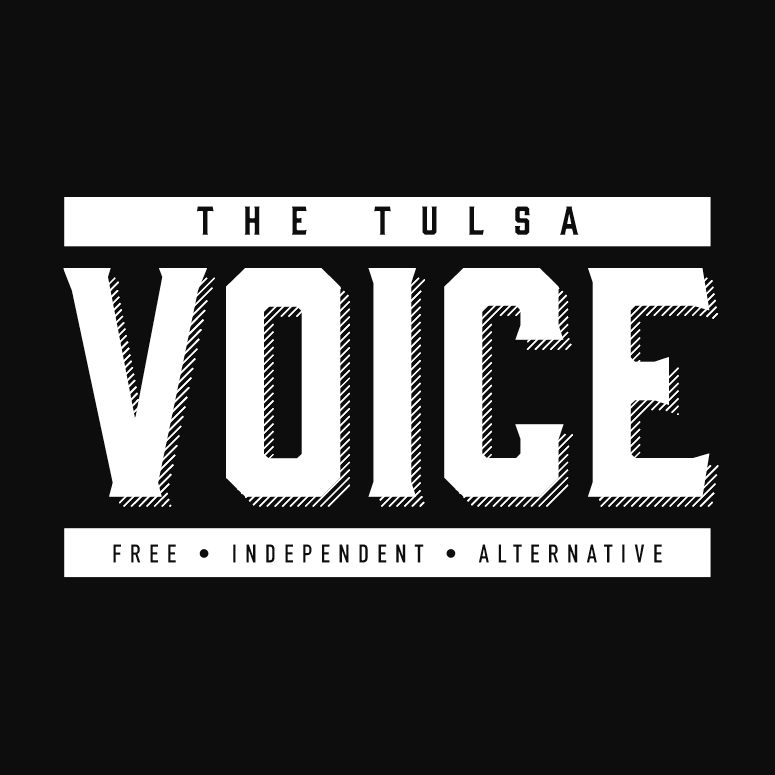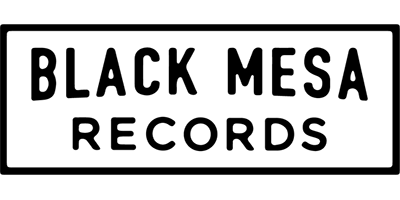
Fool’s gold - John Calvin Abney turns again
The sleeve of John Calvin Abney’s Safe Passagebegins with an epigraph: “I pulled the fool from the deck and saw kind days ahead.”
For those unfamiliar with the Major Arcana of the tarot, Abney is giving a nod to the first card of the deck, The Fool, which he drew during a reading while working on his latest record. The card serves as an optimistic harbinger of new energy, new life and fresh undertakings.
Abney’s opening line announces the work he’s come to do on Safe Passage, departing from the archetypes and expectations others have placed on the 30-year-old singer-songwriter over the years and into a space he’s created for himself. The album, to be released Sept. 27 via Black Mesa Records, is a set of mantras and meditations sung to himself in an effort to make good, to make happy, to make kind.
The opening track feels like Abney’s thesis as he sings, “Healin’ scars I never understood / Now I just want to feel good.” It’s an old song he’s recorded twice with the intention of including on the past two albums, but it didn’t quite feel right until now. It’s a soft and sweet reckoning as well as a steadfast intention to pursue the most basic human desire: feeling good.
“I just wanted to make a fucking record,” he said as he made me a cup of coffee in his kitchen in Tulsa. Abney recently returned to his hometown after touring and living in Norman for the past two years. We discussed the latest press on the forthcoming release—namely, about his father’s recent and untimely death becoming central to the narrative of these new songs.
“God, I just want to feel normal and right. I don’t want to feel like I need to be something else all the time. I feel like I’m fighting against morphing into this thing instead of a person,” he said.
On “When the Dark Winds Blow,” Abney sings: “Selfish is as lonely does / they want our flesh by the pound,” creating space for the darkness of what he calls the “general, broad experiences that push against us.” And that experience, in this particular moment, is a specific narrative around the work he’s doing—though the songs were written long before his father’s passing, Abney’s lyrics can be perceived, to the untrained listener, as premonitory.
“It just cosmically and tragically happened that the day we announced the album coincided with the passing of my father,” Abney said. There is a sense of otherworldliness in the way he writes, relates, and carries himself, but it’s not as though this album was written as a response to finding tragedy in his cards—sometimes art is just art, and life is just life. Abney’s wishes for a safe passage are general, a shot in the dark to lend a bit of comfort and pass on a little light—a sentiment central to his new record.
A mainstay of the Oklahoma music scene for years, Abney has been in the studio and on the road previously with the likes of Samantha Crain, Lee Bains III + the Glory Fires and countless others. In his current ongoing gig with John Moreland, Abney lends his multi-instrumental prowess. He is, in the words of Iron & Wine’s Sam Beam, the “secret-weapon assassin” of Moreland’s band.
Abney embarks on a hefty two-and-a-half-month solo tour across the country next month, which kicks off Oct. 18 at
Tulsa’s own Mercury Lounge. He’s also been in-demand as a studio musician, lending his talents to projects for Carter Sampson, Annie Oakley, Beth Bombara and others. In the rare spare time Abney can find, he’s drumming for the Norman-based garage rock band Poolboy and scoring short films and documentaries, most recently Sterlin Harjo and Bobby Dean Orcutt’s Terlton.
By turning inward and bringing the focus back on his own music, Abney brings new and comforting sounds, open-voiced chords and beach-rock vibes that soothe and serve his modus operandi: making it through to the other side safely, his wish for us all and for himself.
In the meantime, he offers advice for navigating that passage: “If you find yourself turning / back the the places you’ve been / then turn again.”
